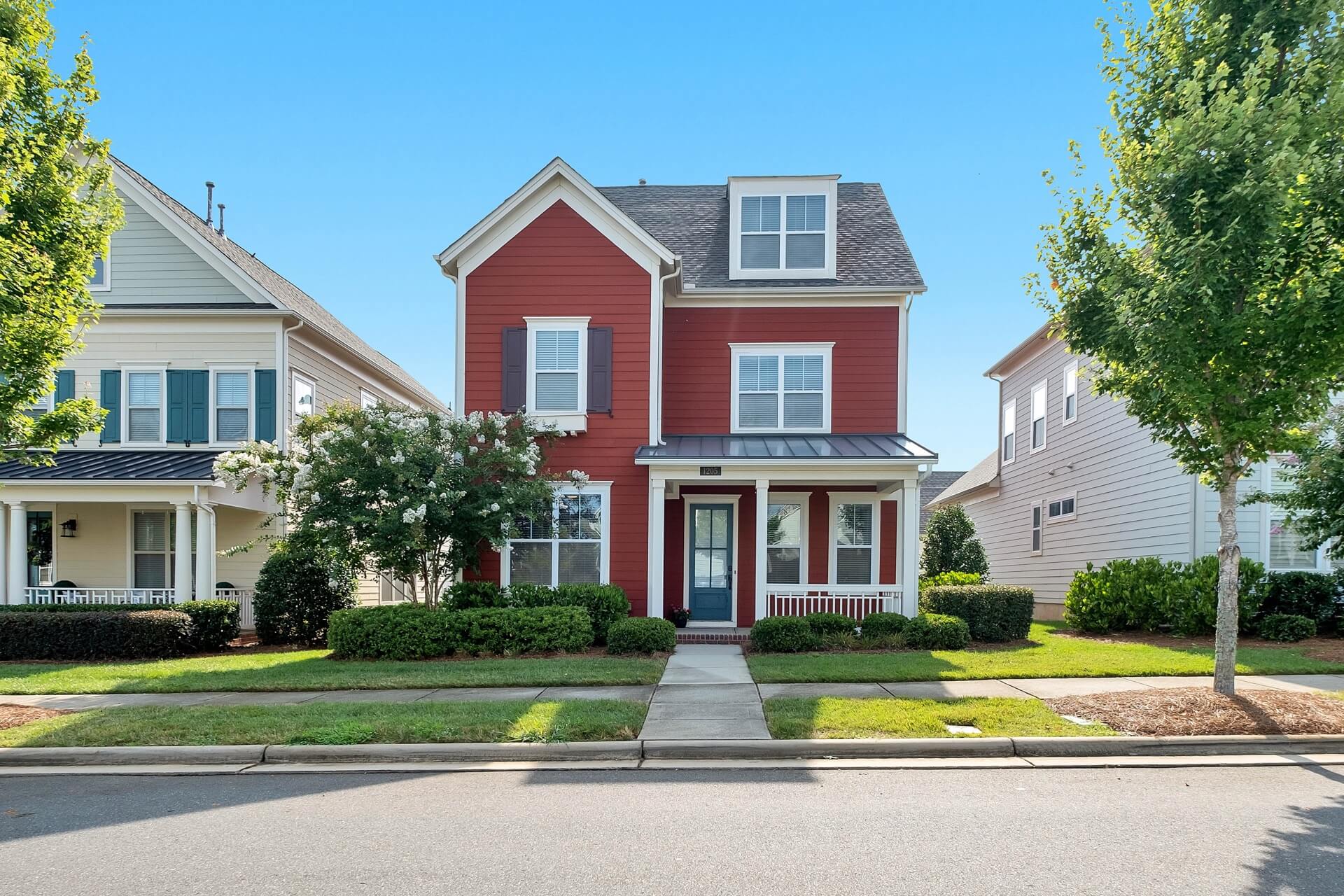CASE STUDY 5: Builder Defeats Homeowner’s Year Ten Infiltration Claim
Another builder was recently insulated from liability because he placed an RWC limited warranty on a home he built. In 2003, a Pennsylvania woman purchased a new home from an RWC builder, who provided the new homeowner with RWC’s standard warranty. At settlement the homeowner signed RWC’s Application for Warranty, which stated that she understood and agreed that the RWC warranty was provided in lieu of all other warranties and that the builder made “no other warranty, express or implied as to quality, fitness for a particular purpose, merchantability, habitability or otherwise….”
Ten years later the homeowner sued her builder and complained that her home had at least twelve serious defects, most of which related to water penetration arising from the use of allegedly inferior materials and faulty construction that had caused damages to the home in excess of $90,000. Her lawyer claimed that the builder had breached the implied warranties of habitability, reasonable workmanship, and fitness for a particular purpose and had otherwise harmed the plaintiff. The builder’s attorney moved for summary judgment, and, regarding the breach of implied warranties claim, argued that the waiver language in the RWC Application for Warranty precluded the homeowner from recovering on that theory.
The Pennsylvania trial court agreed with the builder and granted his motion for summary judgment. The homeowner appealed that ruling to the Pennsylvania Superior Court, which sustained the trial court’s decision in June 2016. The Superior Court noted that the implied warranties at issue in the case can be waived in Pennsylvania, and it declared that the waiver language in RWC’s Application for Warranty, which the homeowner had signed, clearly and unambiguously stated that she was waiving those implied warranties. Moreover, the court rejected the homeowner’s argument that the builder’s agreement of sale and the RWC warranty were contracts of adhesion that unfairly took advantage of her as a consumer. The court noted that the homeowner voluntarily accepted the RWC warranty in lieu of all implied warranties and further stated that the warranty protection given through the RWC warranty program offered “substantive protections against various malfunctions and defects to her home over the course of ten years.” The Pennsylvania Superior Court determined that the RWC warranty was not unconscionable and, by footnote, delineated the one year, two year and ten year coverages the homeowner was afforded under the warranty.
This is just one of many examples of builders who have been protected from liability because they purchased an RWC limited warranty. To maximize their chances of obtaining similar protection, RWC builders should remember to include waiver of implied warranties language in their sales agreements, to provide their homeowners with an insurance backed RWC limited warranty, and to make sure the homeowners sign the RWC Application for Warranty.
Note that the mandatory arbitration provision is removed by the HUD addendum, and thus mandatory arbitration does not apply to warranties placed on HUD homes.

